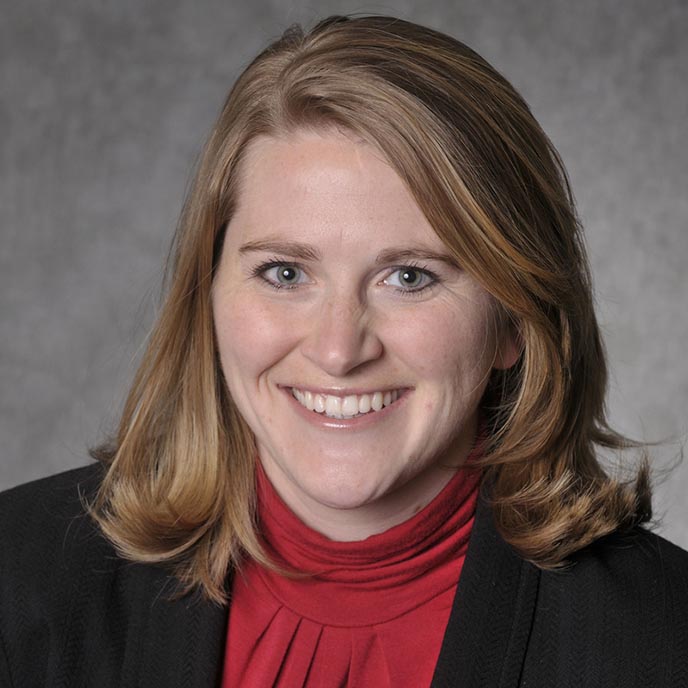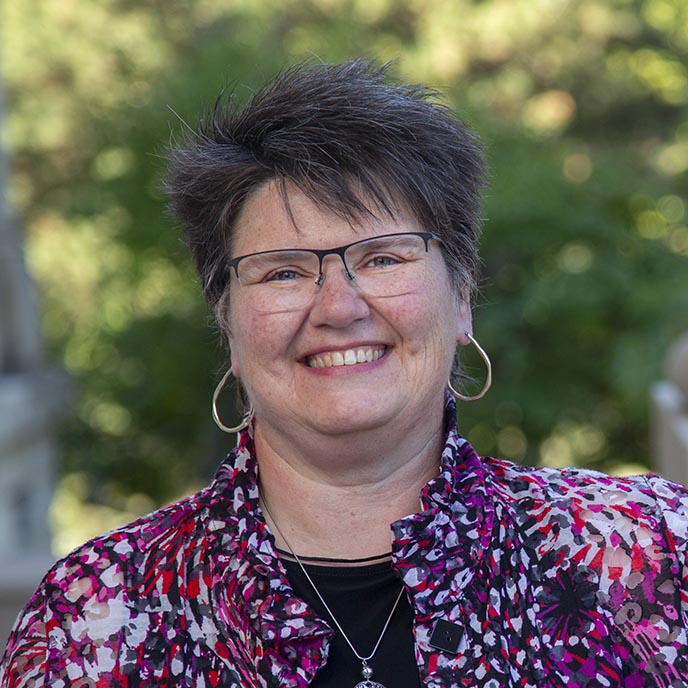Guidelines for political activities on campus
As a state institution, Iowa State University is required to be politically neutral and is prohibited from endorsing or opposing any candidate for political office and using state property to campaign for or against candidates or ballot initiatives. Advocacy efforts on behalf of the institution are led by the Iowa Board of Regents in coordination with the President’s Office.
As citizens, employees and students of Iowa State University have the full right to actively engage in the political process on their own behalf while observing the following key points:
Key Points:
- Personal Expression. Employees are free to express their political opinions and participate in political activities on their own time, using their own resources. Employees who speak on political issues (e.g., letters to the editor, opinion articles, social media posts, etc.) should take care to note they are speaking as individual citizens, and their views are not the views of the university.
- Use of University Resources. University resources (e.g., university email, telephone, letterhead, social media channels, etc.) cannot be used for political campaigning or to support or oppose any candidate or ballot measure. This includes the following restrictions:
- Sending campaign-related emails from University accounts.
- Using University equipment to create or distribute political materials.
- Hosting a political fundraising or campaign event in support or opposition of a candidate or ballot initiative in University facilities.
- Academic Freedom. As detailed more fully in the Faculty Handbook, academic freedom includes the freedom to discuss all relevant matters in the classroom, including relevant political matters. Political topics can be discussed in the classroom if germane to the course. The classroom environment should not be used to solicit support for personal views and opinions and should remain a place where students feel free to express different and contrary views with respect to content and issues relevant to the course.
- Campus Property and Signage. Iowa law (68A.406) prohibits placing campaign signs on state-owned property, including University buildings. This provision has been construed to allow students to place such materials in or on their own residence rooms.
- Equal Access. If a candidate or speaker on a particular ballot issue is invited to speak on campus, opposing candidates and speakers must be provided the same opportunity on the same terms. It is permissible to put on a candidate forum or conduct a series of events, balanced in nature, intended to educate the campus community on candidates and issues relevant to an upcoming election.
- Voter education. Participation in voter registration or voter education is permissible so long as the employee is not advocating for or against a particular candidate or ballot issue.


